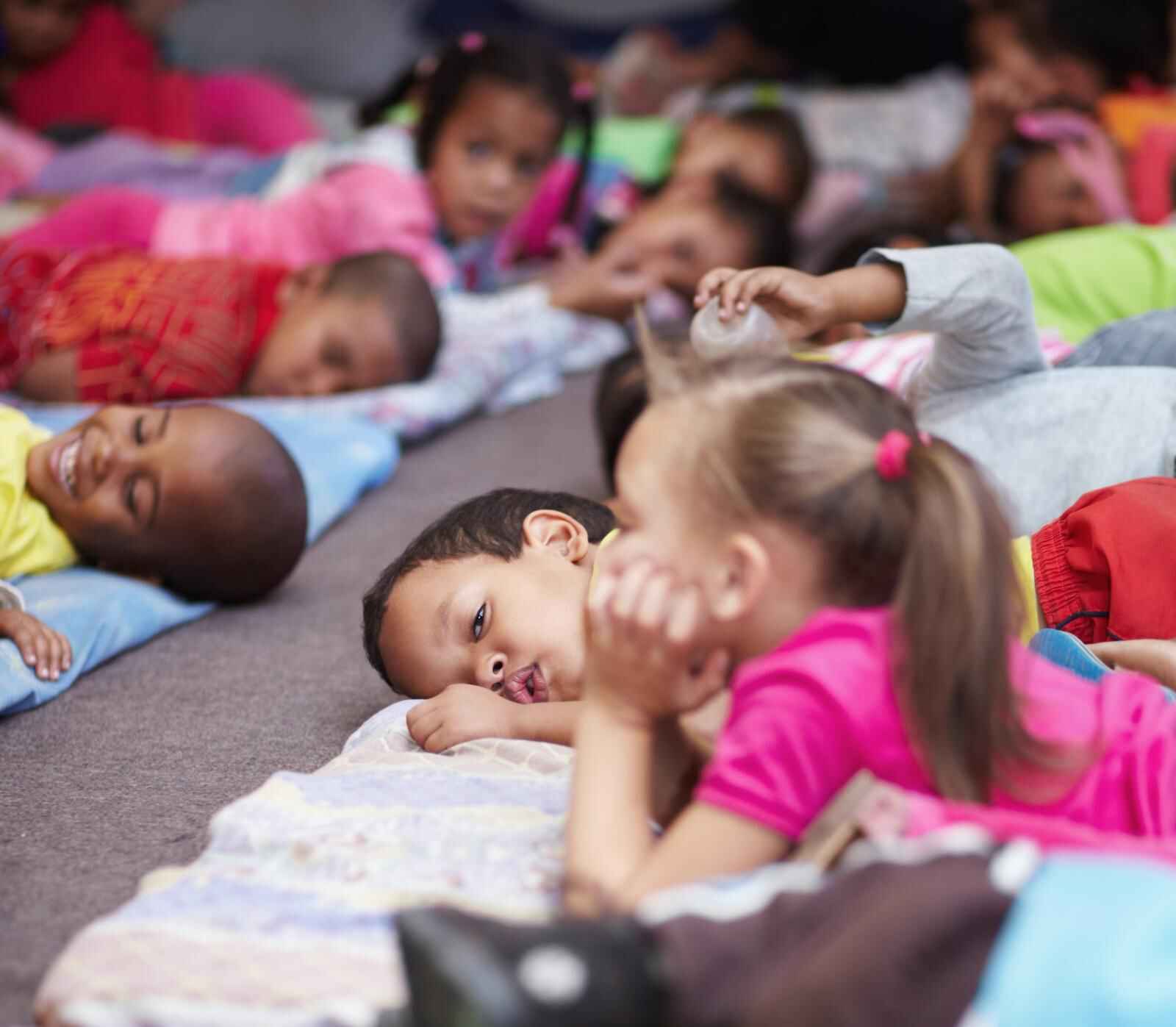Choosing the right path for your child’s early education can feel daunting. As parents, we all want what’s best for our children. Deciding whether to enroll your child in a 2 year old preschool program is no small decision. It can create a foundation for their learning journey. So, let’s explore together the benefits of this early start. We’ll also explore the role of propensity scores in evaluating a preschool’s effect on children.

But first, let’s start with the benefits of preschool.
1) Fostering Early Social Skills
Preschool programs provide children with an environment where they can develop social skills. These early childhood education settings allow kids to interact with their peers, learn to share, cooperate, and develop empathy.
2) Enhancing Cognitive Development
Preschools, such as those that use even the Montessori program or CPC program, focus on enhancing cognitive development in early childhood. They do this through structured learning environments and various learning opportunities that stimulate curiosity and promote critical thinking.
3) Improving Emotional Resilience
Early childhood education plays a crucial role in helping children develop emotional skills. At preschool, children learn to manage their feelings, cope with frustrations, and build emotional resilience, which is vital for their overall well-being.
4) Promoting Independence and Self-care Skills
Private or publicly funded school programs emphasize promoting independence and self-care skills. Children learn to follow directions, manage their belongings, and take care of their personal hygiene.
5) Stimulating Creativity through Play-based Learning
Preschools provide a rich learning environment where children can explore, create, and learn through play. This approach helps stimulate creativity and provides valuable learning opportunities.
6) Boosting Language and Communication Skills
Early literacy is a key focus in preschools. Through storytelling, singing, and conversations, children’s language and communication skills are boosted significantly.
7) Building a Foundation for Lifelong Learning
The early years are critical for instilling a love for learning. Preschool education prepares children for elementary school and beyond by establishing a strong foundation for lifelong learning.
8) Developing Fine and Gross Motor Skills
Activities in preschool, such as drawing, cutting, climbing, and running, help develop both fine and gross motor skills.
9) Encouraging Curiosity and Exploration
Preschool encourages children’s natural curiosity and desire to explore the world around them. This nurtures their problem-solving skills and encourages them to become active learners.
10) Establishing Routine and Structure
Preschool helps children adapt to a structured learning environment. This prepares them for formal schooling and helps them develop discipline, responsibility, and time management skills.
11) Preparing for Academic Success
Studies like the Chicago Longitudinal Study have shown that preschool children are likelier to succeed academically in high school and beyond.
12) Cultivating a Positive Attitude towards School
By providing a nurturing and fun environment, preschool helps cultivate a positive attitude toward school, making the transition to elementary school smoother.
13) Introducing Basic Concepts in Math and Literacy
Preschool introduces children to basic concepts in math and literacy, setting the groundwork for further learning in these areas.
14) Enriching Cultural Awareness and Diversity
Preschools often include activities celebrating cultural diversity and helping children appreciate and respect differences.
15) Providing Opportunities for Physical Activity
Regular physical activity is a part of most preschools. This helps children develop strength and coordination and promotes healthy habits from a young age.
16) Teaching Problem-Solving and Critical Thinking Skills
Through play and guided activities, children learn to solve problems, make decisions, and think critically – skills that are essential for their future academic and personal success.
17) Promoting Healthy Eating Habits
Many preschools incorporate lessons on healthy eating. Children learn about different foods, their benefits, and the importance of a balanced diet.
18) Learning through Fun and Interactive Activities
Preschool education is all about learning through fun and interactive activities. This makes learning enjoyable and helps children retain knowledge better.
19) Creating a Safe and Nurturing Environment
A quality preschool provides a safe and nurturing environment where children feel comfortable to express themselves and explore their surroundings.
20) Supporting Individual Growth and Development
Every child is unique, and good preschool programs (like Head Start) recognize this. They support individual growth and development by catering to each child’s interests and learning pace.
The Role of Propensity Score in Evaluating Preschool Benefits
In the field of educational research, the propensity score plays a crucial role in assessing the impact and effectiveness of interventions such as preschool programs. This statistical tool balances the characteristics of students who attended a preschool program and those who didn’t, creating a comparable control group for accurate evaluation.
Propensity score matching (PSM) is a common technique in these assessments. Another approach is propensity score weighting, which assigns weights to participants based on their propensity scores.
The Chicago Longitudinal Study, among others, has successfully employed propensity score techniques to evaluate the long-term benefits of preschool education. By controlling for confounding variables such as socio-economic status, family background, and initial ability levels, these studies have been able to provide compelling evidence of the positive impact of early childhood education on outcomes like high school graduation rates, literacy skills, and social development.
Conclusion: The Lasting Impact of Preschool Education
From fostering social skills to developing emotional resilience, preschool provides children with a strong foundation for lifelong learning. Quality early childhood education helps children succeed in elementary school and equips them with essential life skills that will benefit them throughout their lives.
Preschool programs are an invaluable resource for parents who want to give their kids the best start in life and help them reach their full potential. By providing a supportive and creative environment, preschools give children the tools they need to grow and thrive.
- When To Take Your Child Out Of Preschool? - August 26, 2023
- 20 Benefits of 2 Year Old Preschool - August 26, 2023
- How Many Days Should A 3 Year Old Go To Preschool? Why 5 Days are Perfect - August 26, 2023